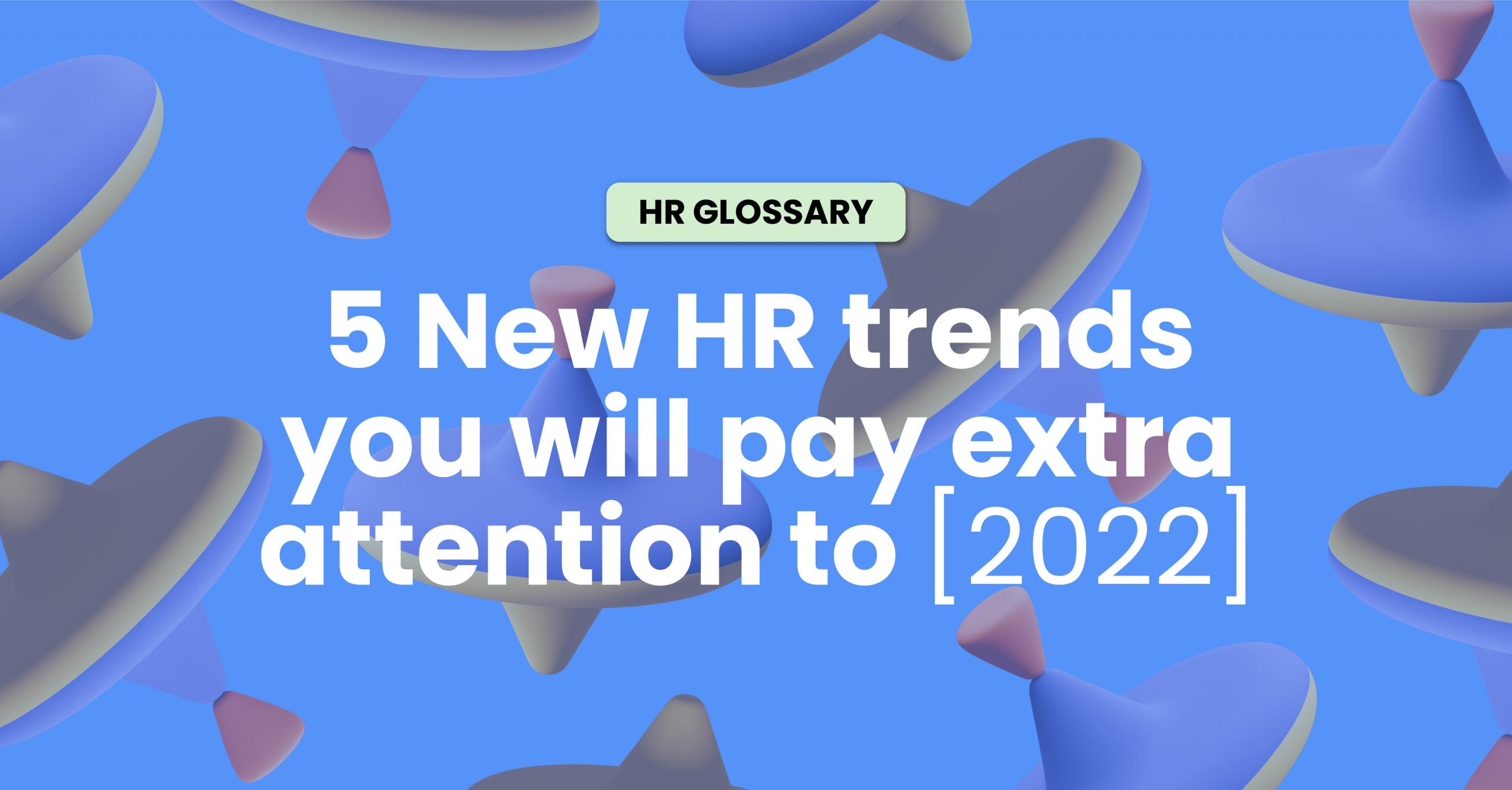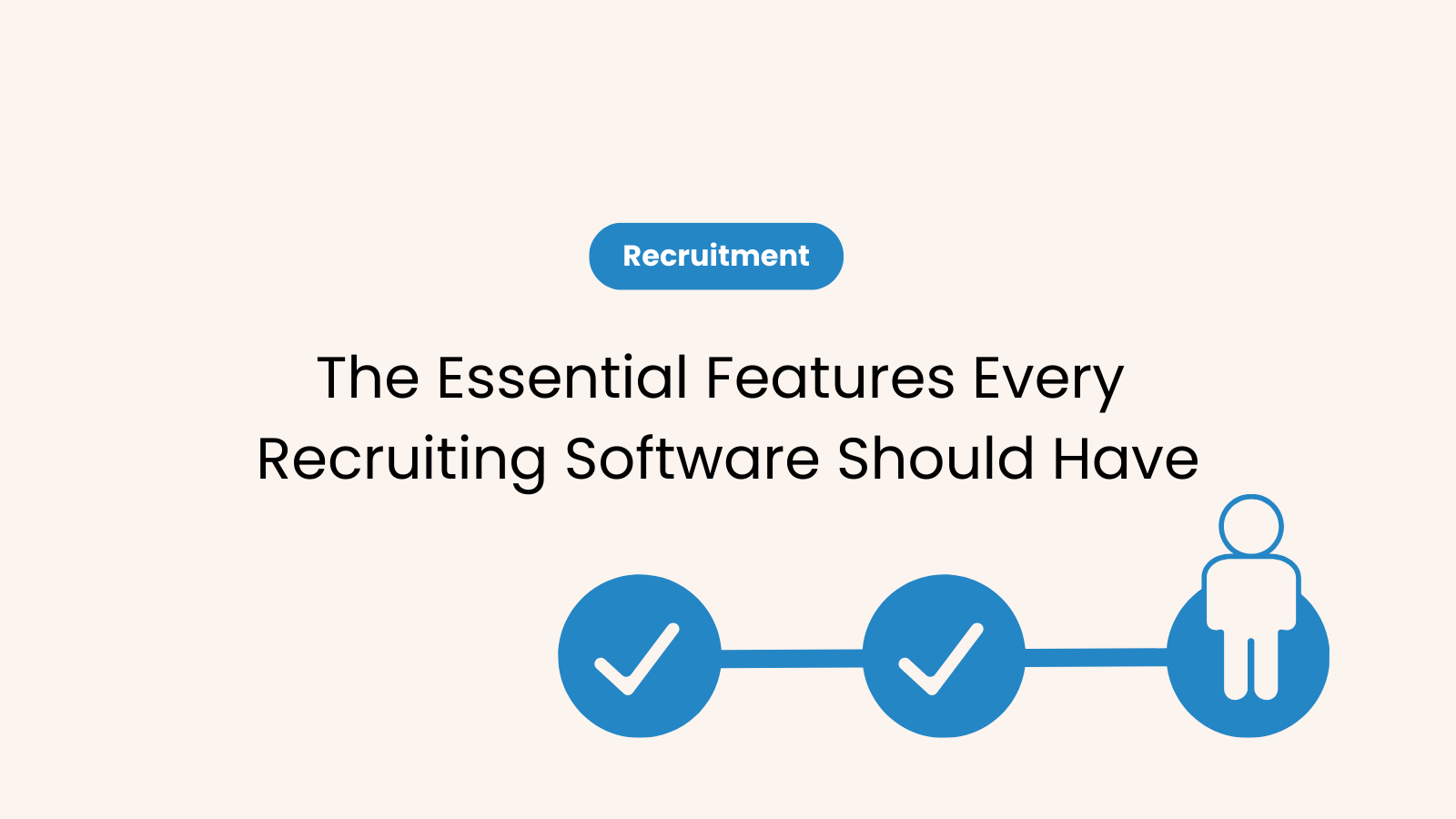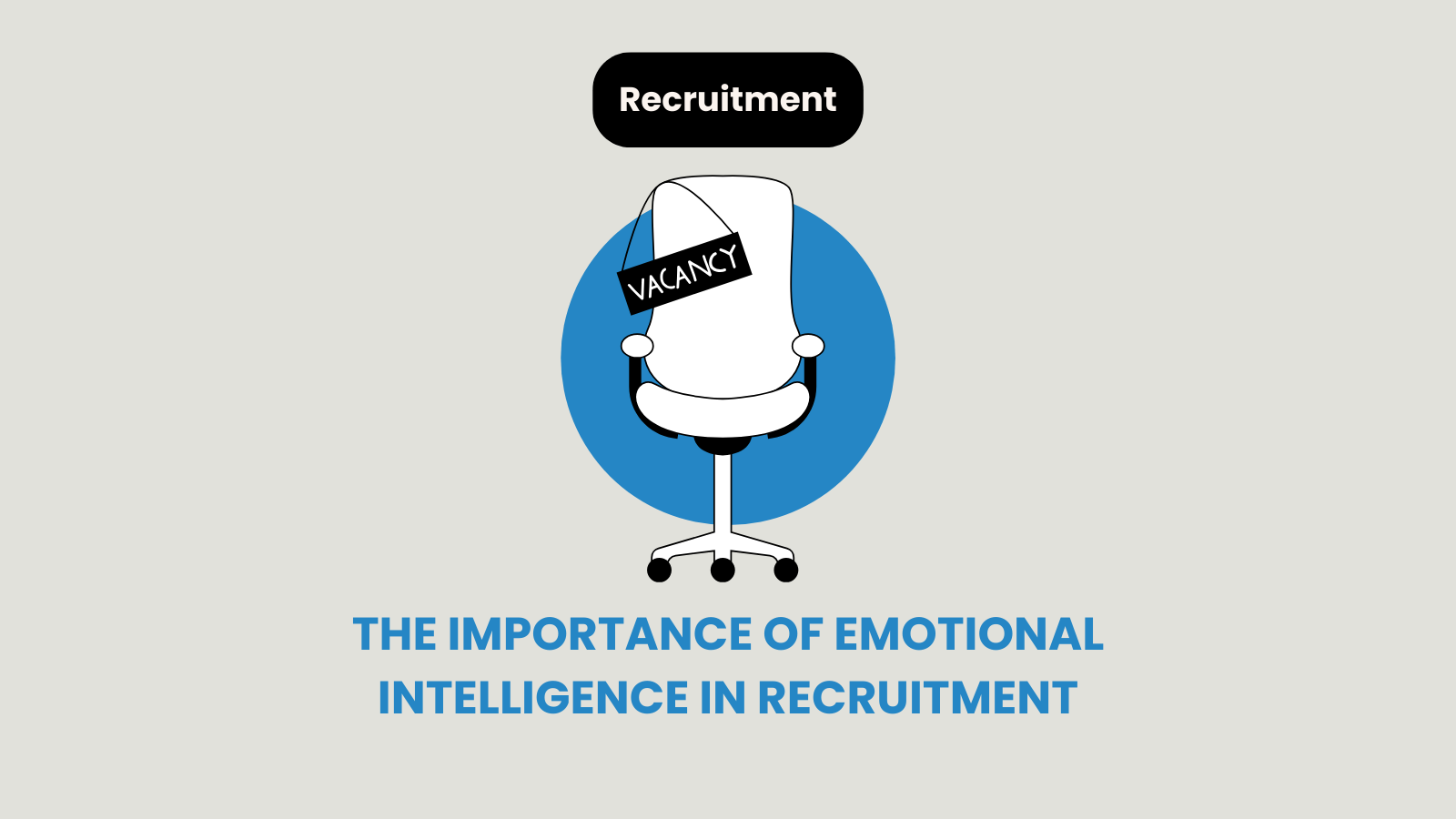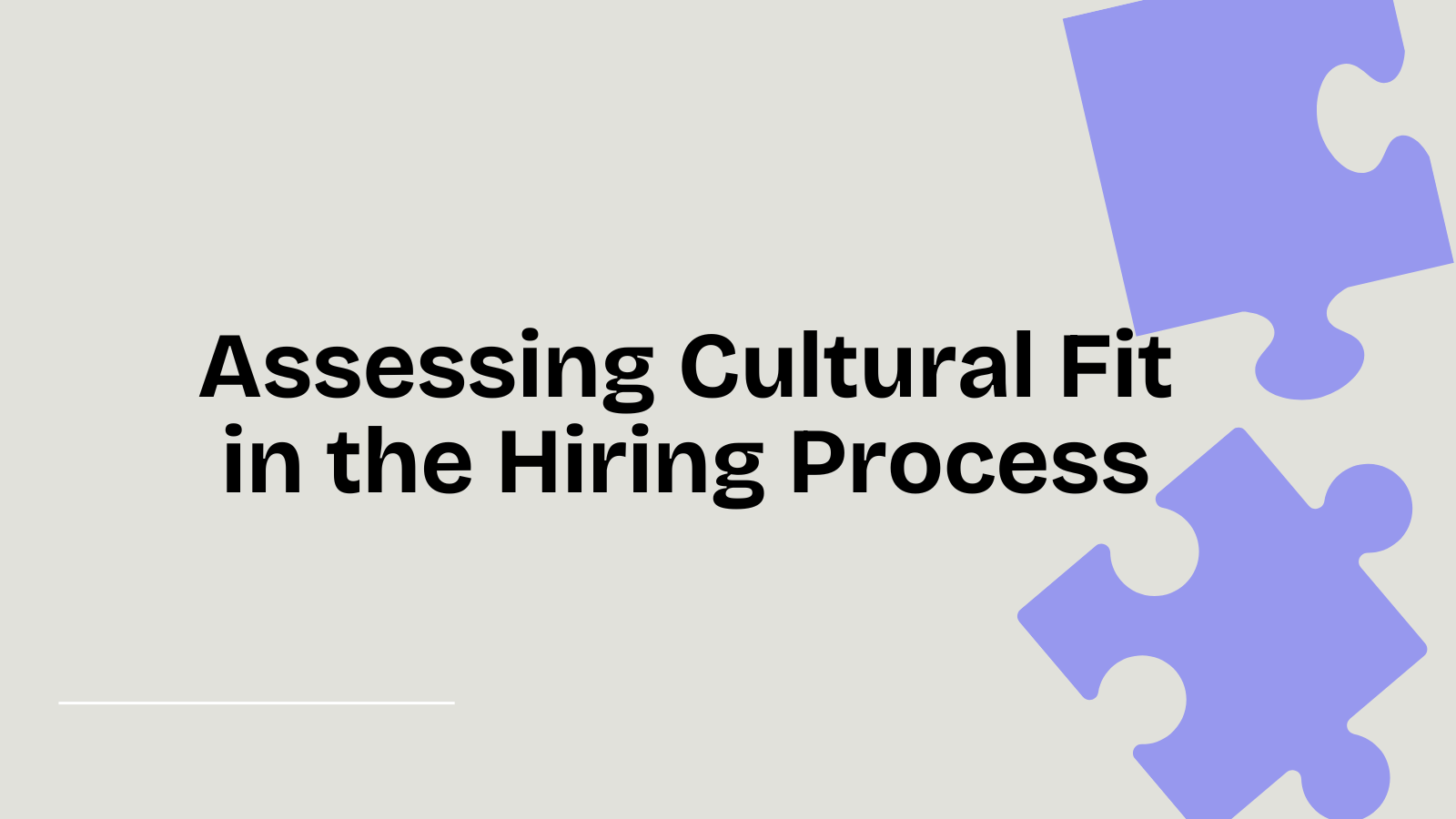Stay interviews are the interviews that you have with your employees during their employment. It is designed to show the employer how to improve the workplace best.
If you have mastered the art that is the recruitment process, that means you’ve probably gathered a team of employees you value greatly. Over time, the employer or the manager, and the employees have built a bond and mutual trust between them.
We all know how important that is to the teamwork, and eventually to a company’s success. But, down the road, you’ll face a few challenges, and some of your employees will leave the company.
Statistics show us that in recent years, employee turnover rates have increased – quitting has become more often, as the Baby Boomers move towards retirement and Millennials take over.
Losing your star employee isn’t only going to cost you, but also lose you a lot of time.
Do you want to prevent that? We might have the answer!
What Is a Stay Interview?
Stay interview is the interview that you have with your employees during their employment. It is designed to show the employer how to improve the workplace best.
Employees are asked a series of questions about their job – what do they like about it and what they don’t. This way, you realize what bothers them and might make them leave; and you can now change it. That’s what makes this better than an exit interview – here you still have time to fix things before it’s too late.
Also, you find out what everyone thinks is right about the company, and you’ll make it stay that way. Look at it as the opposite of an employee performance review because here, the employee is reviewing the company.
Stay interview has proven itself as a valuable tool for improving employee retention, and a large number of top-performing organizations already use it.
How to Conduct Stay Interviews?
Managers should conduct this interview personally, one on one with the employee. Workers need to see that the manager has taken his or her time to listen to their concerns.
People will feel more validated by this gesture, and that way, loyalty to the company is consolidated. Also, it would be great if the manager could schedule the interview in advance. That gives it a sense of importance and time for the employees to prepare what they’d like to say.
You employees are your ambassadors. Job seekers are reading online reviews. Learn how to manage your online reputation.
1. Keep it chill.
Stay interview needs to be informal and in a comfortable atmosphere. You are trying to have employees open up to you and honestly tell you what they need and think, and this will help them relax.
They must understand that what they tell you won’t affect your opinion of their work, nor influence performance review. So, it is a good idea to have a couple of months between stay interview and performance review (the more, the better).
2. To the point.
Fifteen minutes to half an hour tops is more than enough time unless there is some complicated issue, or your employee has an idea on how to improve the workplace. In that case, be sure to listen carefully and take your time! You can take notes, but briefly. Most of the time, it is best to look at the person speaking. Eye contact is always helpful. That shows you care for real!
3. Keep your promise.
When you hear out what the employee has to say, tell him/her that you will do everything in your power to work on issues discussed. And you must! There is no worse thing than breaking a promise, so don’t promise something you’re not sure you can deliver.
If you don’t know whether you can help or not, make sure to say you will check with someone with a senior position who knows. Not following through with changes you promised will cost you the respect of your workers, and could encourage them to think about finding some other job. How can anyone work for someone they don’t trust and respect? They won’t feel comfortable.
There is no need to interview all the employees if you don’t have the time. It is advised to start with the ones you couldn’t bear to lose, those who work in the company for the longest time. Then, work your way down from the top.
And, sure, if you can talk to everybody in the company, you may do that. When it comes to recent hires, wait at least 4 to 5 months after hiring to conduct a stay interview. They need time to learn their way around and see what they like and dislike in the firm, so they have something to tell you.
Also, be sure to do at least two of these interviews in the first year of employment. After that, once a year is quite alright.

Before you start practicing stay interviews in your company, it is crucial to have the managers trained for this. They might have a problem coming up with adequate questions to ask during the interview.
The HR department can help with this. They can also be present for the meeting, in cases where there is some complicated issue brought up, to help find a solution and smooth things over.
Stay Interviews Questions
In the beginning, managers can rely on some questions which everyone commonly uses in stay interviews. As they get acquainted with the process, they will find out what is more suitable to ask every individual. Note that all questions should be open-ended; you don’t want just yes or no answers!
For starters, here are some of the questions frequently heard during a stay interview:
- What do you look forward to when you come to work?
- What bothers you about your job?
- What makes you want to look for another job?
- Can you name me one thing you wish to change about your job?
- Is there something I can do for you, as your manager?
- Do you wish more or less feedback from me?
- Do you feel like you need more recognition?
- How can I help improve the workplace for you?
- Is there anything that is disturbing you during the time you spend at work?
- What talents of yours could we use more here at work?
- Do you feel valued and respected?
- Would you like to learn more?
- What is your dream job?
- Is there something we can do to help you improve your work-life balance?
Some Tips on How to End the Interview
When you’ve asked all you wanted to know, it is a good practice to summarize everything that has been said. You could say something like: “Just to make sure I understood everything you said, let me sum it up...” After that, the manager and the employee make a stay plan – how to fix what needs to be fixed.
The manager ends the conversation saying something positive. “ I appreciate you opening up to me. I will do everything I can to make you feel more comfortable at work.” The critical thing is to make the employee feel heard. When the manager does make some changes after that, it is wise to inform the employee.
Nobody will automatically think the difference is made just because of them. “I just wanted to let you know that I’ve made those changes we’ve talked about. I hope this will help you!” Open and positive communication always goes a long way!




